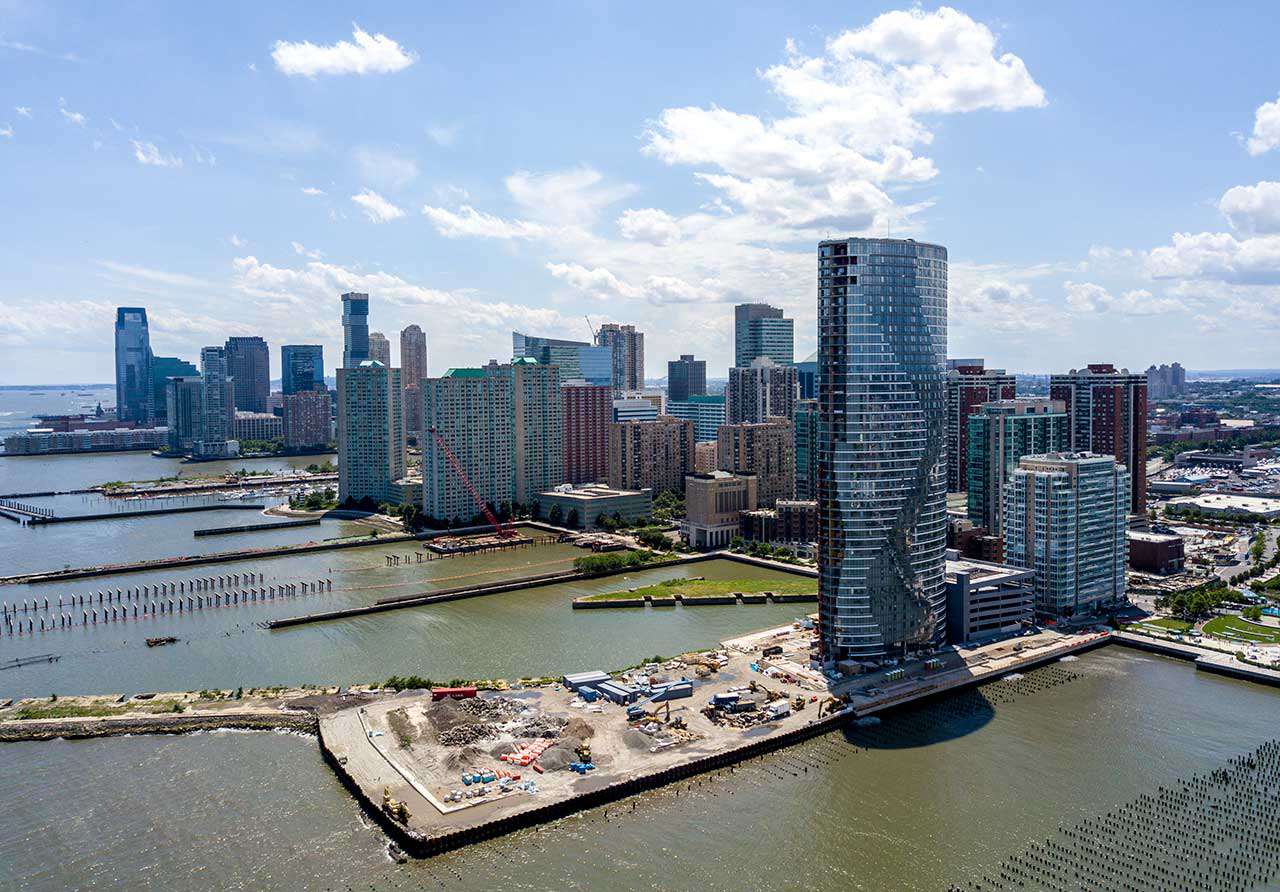
The battle over how to create new affordable housing units in Jersey City added a new chapter yesterday that ended with a judge voiding controversial legislation that critics slammed as laden with loopholes.
Last fall, Jersey City’s council passed an inclusionary zoning ordinance by a 7-2 vote. The law generally dictated that all new developments of five or more units include a 20 percent affordable housing component, but several buyout stipulations allow developers to forgo the mandate by contributing to the city’s affordable trust fund in an amount between $25,000 and $100,000 per unit.
Fair Share Housing Center (FSHC) filed a lawsuit in December over the law, arguing that the ordinance grants Jersey City “absolute discretion to trade away affordable housing as part of quid pro quo agreements with favored developers.” The ordinance does allow the city to reduce the mandatory on-site affordable housing requirement at new developments in exchange for community benefits.
Hudson County Judge Joseph A. Turula agreed with FSHC, ruling yesterday that Jersey City officials violated the state’s Municipal Land Use Law when they adopted the ordinance without first referring it to the city’s planning board for review. The move invalidates the ordinance, which will force Jersey City back to the drawing board in terms of inclusionary zoning.
Adam Gordon, Fair Share Housing Center’s Executive Director, praised the court for throwing out what the group deems a “fake” affordable housing ordinance. “The decision should send a firm message to the city’s elected officials and other municipalities across New Jersey that affordable homes are not a chip to be traded away as part of backroom deals that do not benefit working families,” he said in a statement.
“We urge Mayor Fulop and the City Council to step up and work with Fair Share Housing Center as well as community and civil rights groups in Jersey City to introduce a serious inclusionary ordinance that will ensure that there are meaningful opportunities for affordable housing in new residential development,” Gordon added.
Jersey City Councilman Rolando Navarro, who voted against the ordinance, shared an editorial with Jersey Digs last year outlining his issues with the law, which took effect in January. The ordinance does not appear to have created significant affordable housing so far, as almost every larger project approved by the city this year from Journal Square to West Side to McGinley Square and beyond has not included affordable units.
Construction recently began on a 124-unit development near Mana Contemporary that will feature some affordable units, but the company behind the project chose to build them and was not required to do so.
An NJ.com investigation recently revealed that Jersey City gave up $1.6 million in federal grants from the Department of Housing and Urban Development after failing to build 19 affordable housing units.
Jersey City spokesperson Kimberly Wallace-Scalcione says officials are currently weighing their options in terms of how to proceed on inclusionary zoning following the court’s ruling.


